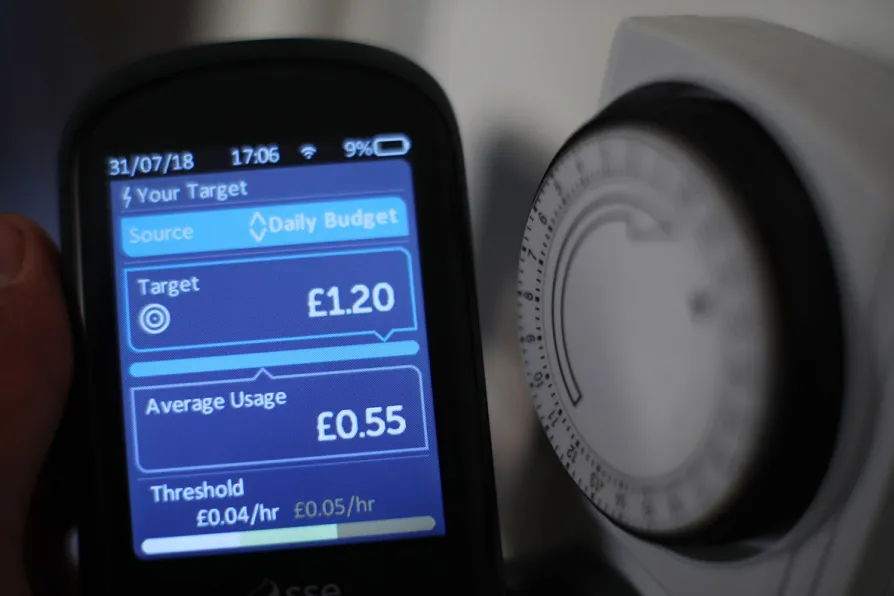By pressuring Mexico to halt oil shipments, Washington is escalating its blockade of Cuba into a direct bid for economic collapse and regime change, argues SEVIM DAGDELEN

 Eight million were already living in fuel poverty, but that figure is set to triple this winter.
Eight million were already living in fuel poverty, but that figure is set to triple this winter.
BRITAIN is at a moment of crisis. Fuel poverty is now our number one societal scourge. People are worried about the months ahead and bills arriving on the doormat that they simply cannot afford to pay. We are the fifth richest country on the planet, we should be able to keep our citizens warm at an affordable price.
That eight million of our citizens were already living in fuel poverty before any of the recent price rises is alarming, but that figure is set to triple this winter. We cannot allow the push for profits to condemn yet more people to a cold and miserable winter, where cold homes place a burden on the health of our communities.
I am very worried that the 77 per cent rise in energy bills over the last year will make the figures above even worse. We used to say that people faced a choice between heating and eating. My fear and I suspect the reality, is that people can no longer afford to do either.














